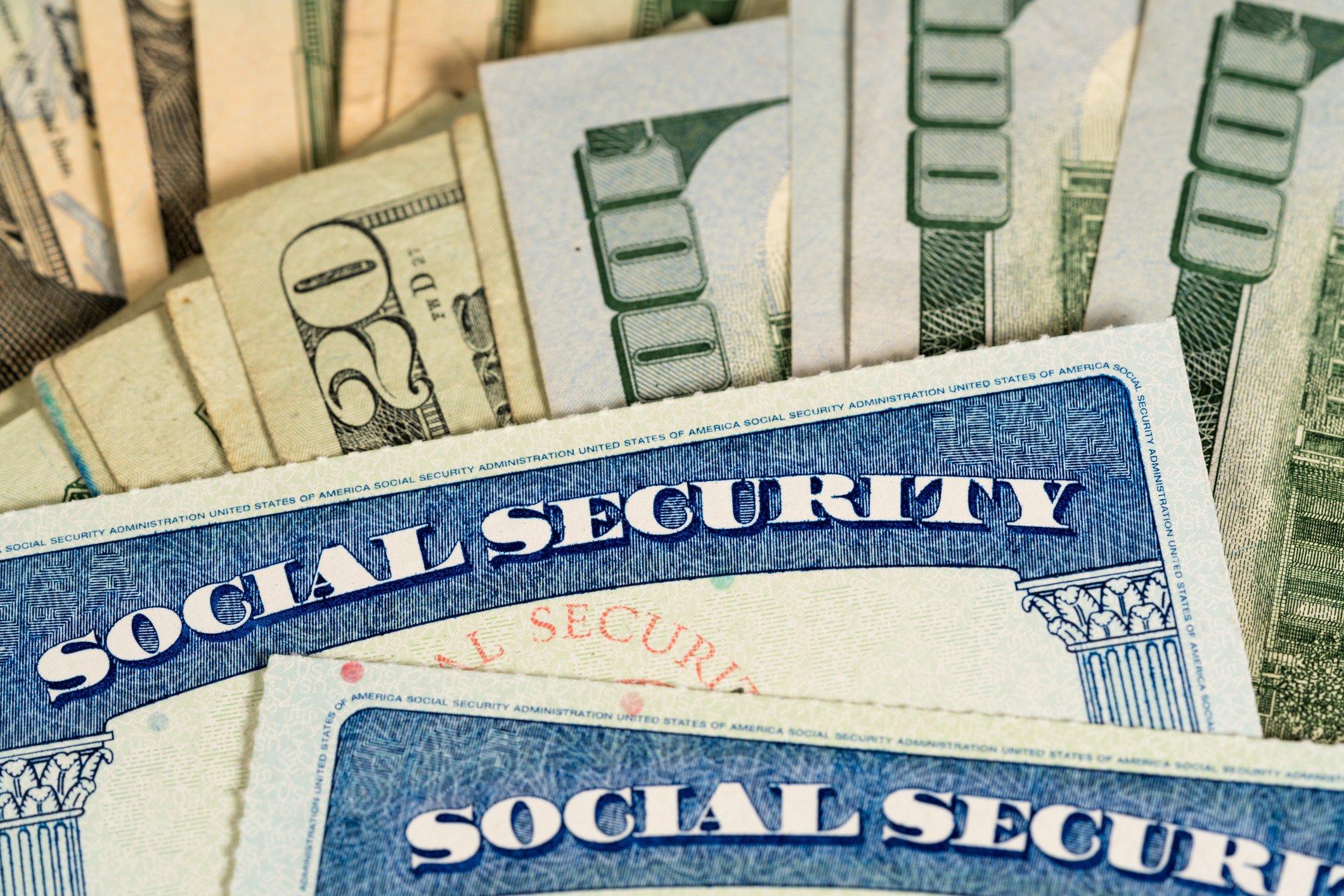Imagine you're struggling to pay bills. Out of the corner of your eye, you see your 401(k) balance and feel the temptation to use some of that money. Ninety-nine times out of 100, I'd be the first person urging you not to dip into those retirement savings. Withdrawing funds from a 401(k) plan before the age of 59 1/2 means owing taxes on the funds, in addition to a 10% penalty.
But emergencies do happen, and you may feel you have no other choice. In these situations, I'd still argue the only time making an early withdrawal from your 401(k) could make sense is if you can take the funds without paying the penalty. Thankfully, the IRS spells out specific situations in which you're able to make such penalty-free withdrawals.
1. Birth or adoption
Whether you've given birth or adopted a child, you can withdraw up to $5,000 to cover birth or adoption expenses.
2. Medical expenses
If you have medical expenses that exceed 7.5% of your adjusted gross income (AGI), you can withdraw from your 401(k) to cover them. Keep all documentation of your medical expenses, as you may be required to provide proof when filing your taxes.
3. Terminal illness
A worker who has been certified by a physician as having a terminal illness can make penalty-free withdrawals. This allows the account holder to handle financial issues without the added stress of wondering where the money will come from.
4. Disability
If you are permanently disabled and cannot work, you can take 401(k) distributions without penalty. Since you may have to provide proof of your disability, keep a close eye on your medical records and hold on to all essential documents.
5. Death
In the event of your death, your beneficiaries can withdraw funds from your 401(k) without paying a penalty. Make it a point to periodically check your beneficiary designations to ensure your assets go to the people you want them to.
6. Federally declared disaster
Let's say a hurricane or wildfire hits your area. If a federal disaster is declared, you can withdraw up to $22,000 to help cover your expenses.
7. Emergency personal expenses
If you need money to pay an emergency personal expense, you can withdraw up to $1,000.
8. Job loss
Depending on your 401(k) plan, you may be allowed to make a penalty-free withdrawal if you're furloughed or laid off and don't receive pay for a certain amount of time (typically 30 days or more). If you're unsure whether your plan allows for a penalty-free withdrawal in this situation, check with your plan administrator.
9. Health insurance premiums
If you're unemployed and have received unemployment benefits for 12 consecutive weeks, you can withdraw money from your retirement account to pay health insurance premiums. You may be required to provide proof of unemployment and health insurance payments.
10. Military service
Certain distributions can be made penalty-free if you're a qualified military reservist called to active duty.
11. Domestic abuse
If you're the victim of domestic abuse, you can withdraw up to $10,000 or 50% of your account balance, whichever is lower.
12. Qualified Domestic Relations Order (QDRO)
If you're legally separated or divorced and your 401(k) is subject to a QDRO, funds are transferred penalty-free to your ex-spouse or dependents, based on the court order. A QDRO must be approved by the 401(k) plan administrator.
13. Rule of 55
Whether you're separated from your job voluntarily or involuntarily in the year you turn 55 or older (50 or older for certain government employees), you can make a penalty-free withdrawal from your retirement account. This rule applies only to your most recent employer's 401(k).
A few additional considerations
Though the above exceptions cover many of the situations that may force 401(k) account holders to rely on these funds, you should still fully understand the implications of an early withdrawal:
- Taxes will be due: Although you may not have to pay a penalty for withdrawing money in the above scenarios, early withdrawals are still subject to regular income tax -- make any calculations with this additional expense in mind.
- There may be a long-term impact: While it's great to have this money to draw from when you're in a pinch, early withdrawals can significantly affect your retirement savings as you'll lose out on the potential growth of those funds over time.
- You can't repay an early withdrawal: Unlike a 401(k) loan, you cannot repay the funds to your retirement account.
With that in mind, your best bet may be to consult with a financial or retirement advisor to ensure you're making the best possible decision. An advisor can help you explore alternatives, such as a 401(k) or personal loan, home equity loan, or short-term assistance program.
Although your situation may leave you feeling like you need to make an immediate decision, taking the time to explore all of your options could save you a lot of money.





